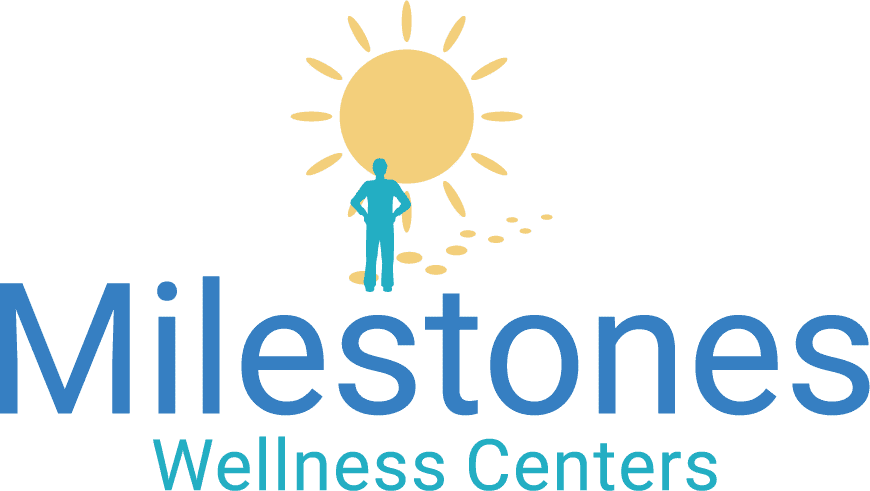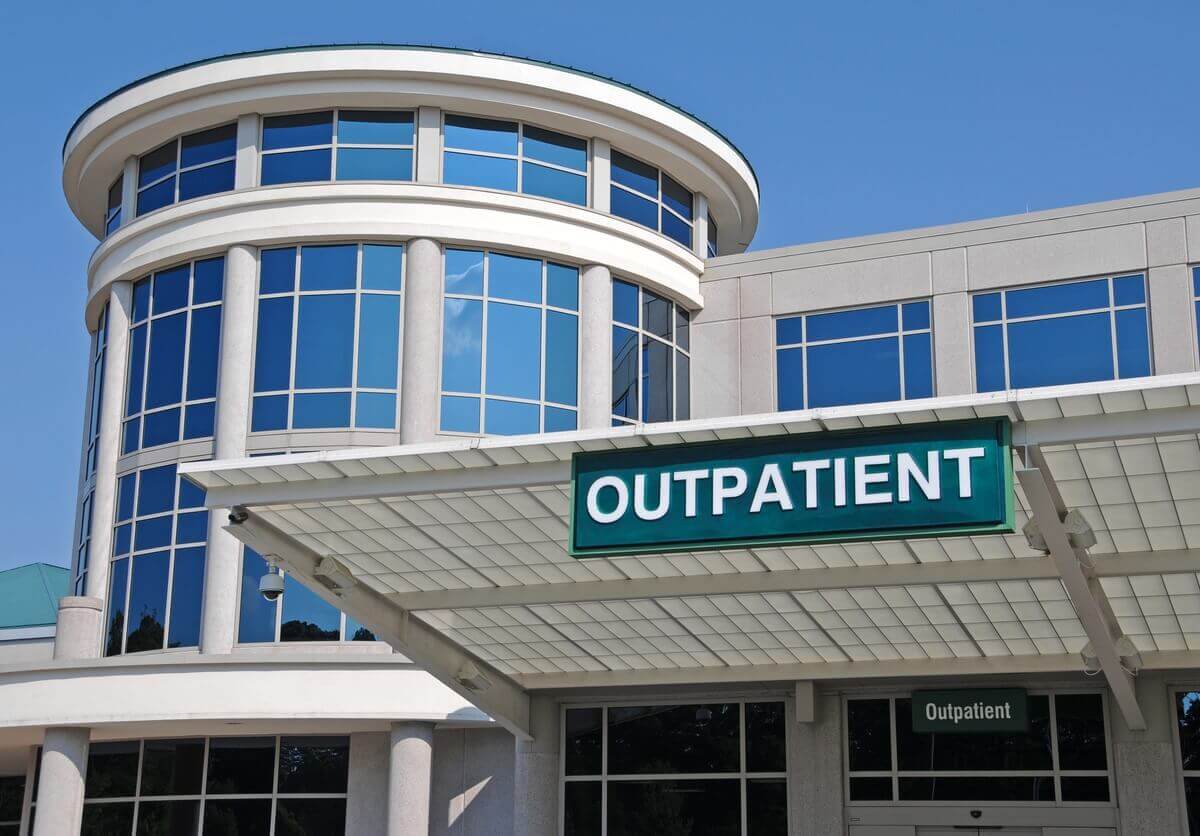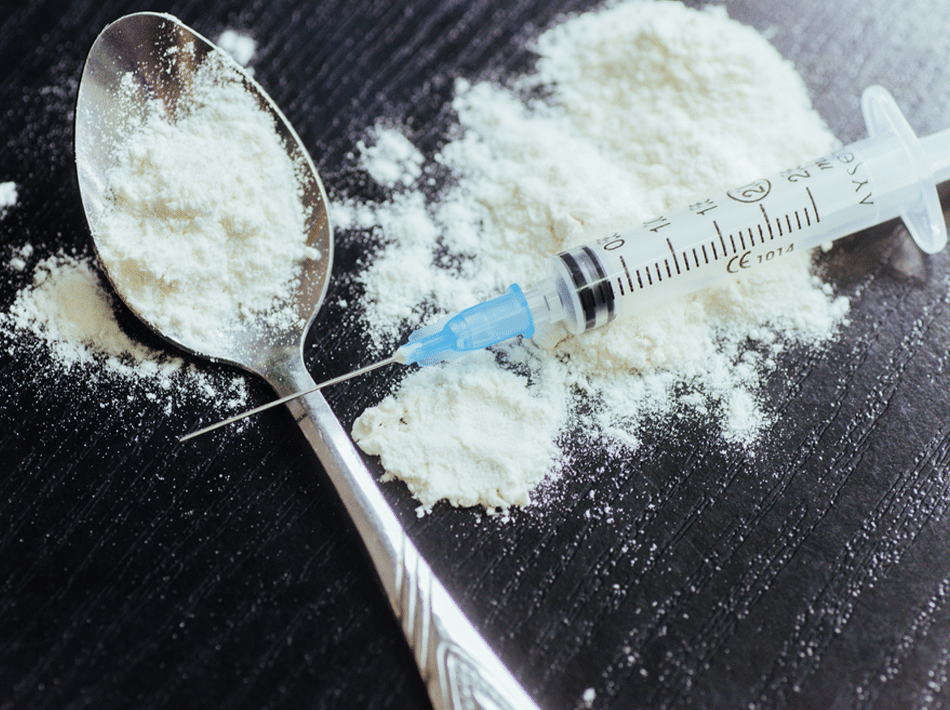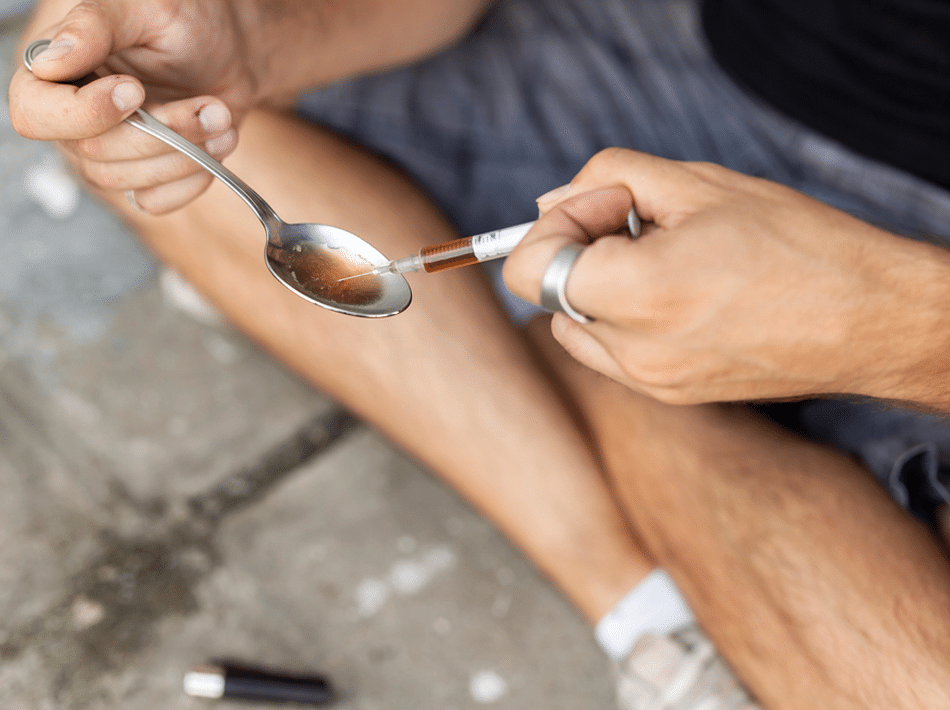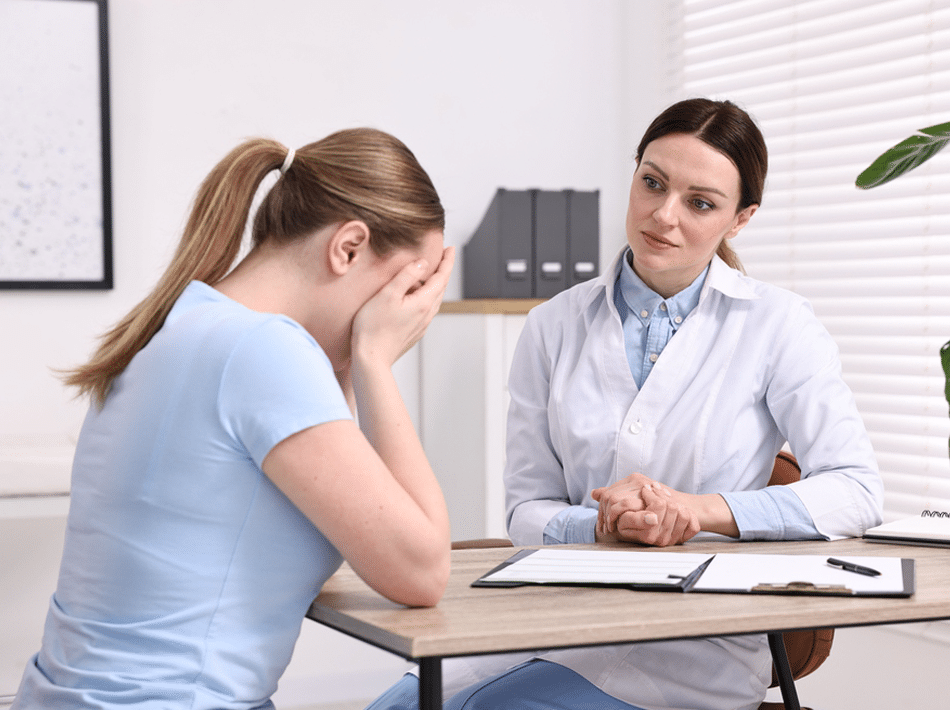Transitioning Into Post-Treatment Life
The belief that completing an addiction treatment program is the end to recovery is a common misconception with treatment. If this is the case, then what happens after outpatient treatment? Recovery is a lifelong process that an individual needs to be well prepared for. Completing any addiction treatment program is worth celebrating and is a major accomplishment. It is especially important to celebrate the steps in recovery, such as completing in-patient treatment on your way to less restrictive outpatient treatment programs. Now that you are in a place of completing your outpatient treatment program you should work on having a well thought out and thorough aftercare plan. The purpose of the aftercare plan is to outline support structures and resources an individual has available to assist in recovery, prevent relapse, and overall assist the individual in completing work towards their goals.
Everyone’s aftercare plan will be specific to that individual, their situation, resources, and their needs. However, all aftercare plans should include many of the same areas which have been identified to support individuals in a successful continued recovery after completion of an addiction treatment program. A solid aftercare plan will include resources that a person has available to assist in coping with stress, triggers, and cravings which may arise after outpatient treatment has been completed. It is the development and continuation of coping strategies that is of paramount importance to a sustained recovery post-treatment life.
Establishing a Support Environment
Sober living after completion of any addiction treatment program is key to remaining in control of your addiction. Some individuals may believe that they have conquered their addiction and can start to use substances for recreational purposes. This is far from the truth and this thought pattern will lead to sustained relapse and more required addiction treatment program involvement to regain control of the addiction. Relapse is often a part of many individuals recovery, but staying sober after the completion of addiction treatment is crucial to continuing control of addictive thoughts and actions. Some individuals may also believe that just avoiding the substance which caused them to enter addiction treatment is enough to retain sobriety. The problem with this logic is that often the individual has an addictive trait which can easily change to other substances. In the event this is not the case for the individual, with illicit substances or illegal purchase of legal substances, such as prescription medications, it places the individual in many dangers. The concern is that the person is now in contact with means to get substances which caused the need for addiction treatment.
One of the most used support systems to assist with continued sobriety during and after addiction treatment is that of peer support groups. There are many types of peer support groups that a person can attend. The most common is Narcotics Anonymous also known by the acronym N.A. In the event that the higher power and religious undertone of traditional Narcotics Anonymous is a problem for an individual there is the option of Secular Narcotics Anonymous, which supports a non-religious and secular approach to the well known 12 step program. On top of Narcotics Anonymous there are a vast amount of peer support groups very specific to a wide variety of afflictions, personal problems, and areas of needed support. With advances in telecommunications and video conferencing, many support groups are available in an online environment which opens more options to everyone in the event an in-person group is not an option in your area or conflicts with your other obligations. Peer support groups are an amazing resource as the other people in such groups have gone through similar situations to yourself and can better relate to your needs.
Peer Support Groups are just one area of building a solid support system for post-treatment life. Other areas of support should come from friends, family, coworkers, or any other area that you have support in your life. It is important to have someone available at any given point in time which thoughts of cravings can arise or for someone to attend events in life that can be triggers for substance use. Another part of building a solid support system outside of personal contacts for support and the use of group peer support is that of having a therapist.
Continuing Therapy and Treatment
Successfully completing an outpatient addiction treatment program does not mean that you must cease individual therapy. Continuing with individual therapy, even on a bi-weekly or monthly basis can have many benefits. One main benefit of continuing therapy that is unlike all other support structure, your therapist is unbiased and able to see things differently than those close to you in your support systems. Having a therapist is also beneficial as you can use traditional talk therapy as a way to get things that are bothering you, off your chest, with no worry about the information being repeated elsewhere. That, in of itself, is highly therapeutic and can assist in relieving stress and assist with coping skills.
Group therapies are also an option to assist in the continuation of sober living after completion of an addiction treatment program. The difference between group therapies over peer support groups is that the group therapies are controlled and managed by a trained therapist, which provides therapeutic guidance. There is also a wealth of alternative therapies that exist which can assist in sober living and life after outpatient treatment. Some of these could be art and music therapy, mindfulness practices, exercise, yoga, meditation, acupuncture, among many others.
Managing Challenges and Relapse Prevention
One of the most important things in relapse prevention is recognizing your warning signs of a potential relapse. Every person is different in what these warning signs can be for them, and they can come in many forms from internal thoughts to external triggers. The sooner a person notices any warning signs of a potential relapse the better they will be able to avoid that relapse, by using the resources and support they have built in their aftercare plan for addiction treatment. Part of this aftercare plan is having a developed relapse prevention strategy. This strategy is just an outline of how to use your resources in the event of a potential relapse. The strategy would include, but not limited to, contacting your support structures, having additional therapy sessions, even starting back into another addiction treatment program if all other means have not worked in stopping the relapse.
Triggers and temptations will be part of life after completing an addiction treatment program. It is important to understand that you will have to cope with these, likely for the rest of your life. Everyone will cope differently, but it is important to be in tune with yourself to see that your coping strategies are working effectively or if you will need to utilize your resources to strengthen them. Coping with temptations and triggers will get easily over time and as you have longer time of sobriety completed. During this time your coping strategies will naturally get stronger and become more effective and become more automatic.
Embracing a Healthy and Balanced Life
A great way to sustain recovery and sobriety after completion of an outpatient addiction treatment program is to place focus on your well-being, both physical and mental health. For both, setting up a daily routine will be of great benefit and assist you on staying on track. Focusing on physical well-being is a great way to continue sobriety as it is the opposite of substance usage. There are many areas in which a person can focus on physical health including both diet and exercise. Physical exercise also has other benefits associated with it. One of those benefits is the endorphins that are released when completing more strenuous strength training, which in turn can assist in serotonin production. Also, some people find areas of physical exercise like running to also have other added mental health benefits and are great coping mechanisms and stress relievers. Diet is important as the healthier a person eats will compliment any physical exercise and can assist in having more health bodily function and levels of brain chemistry, again assisting in serotonin and dopamine production.
